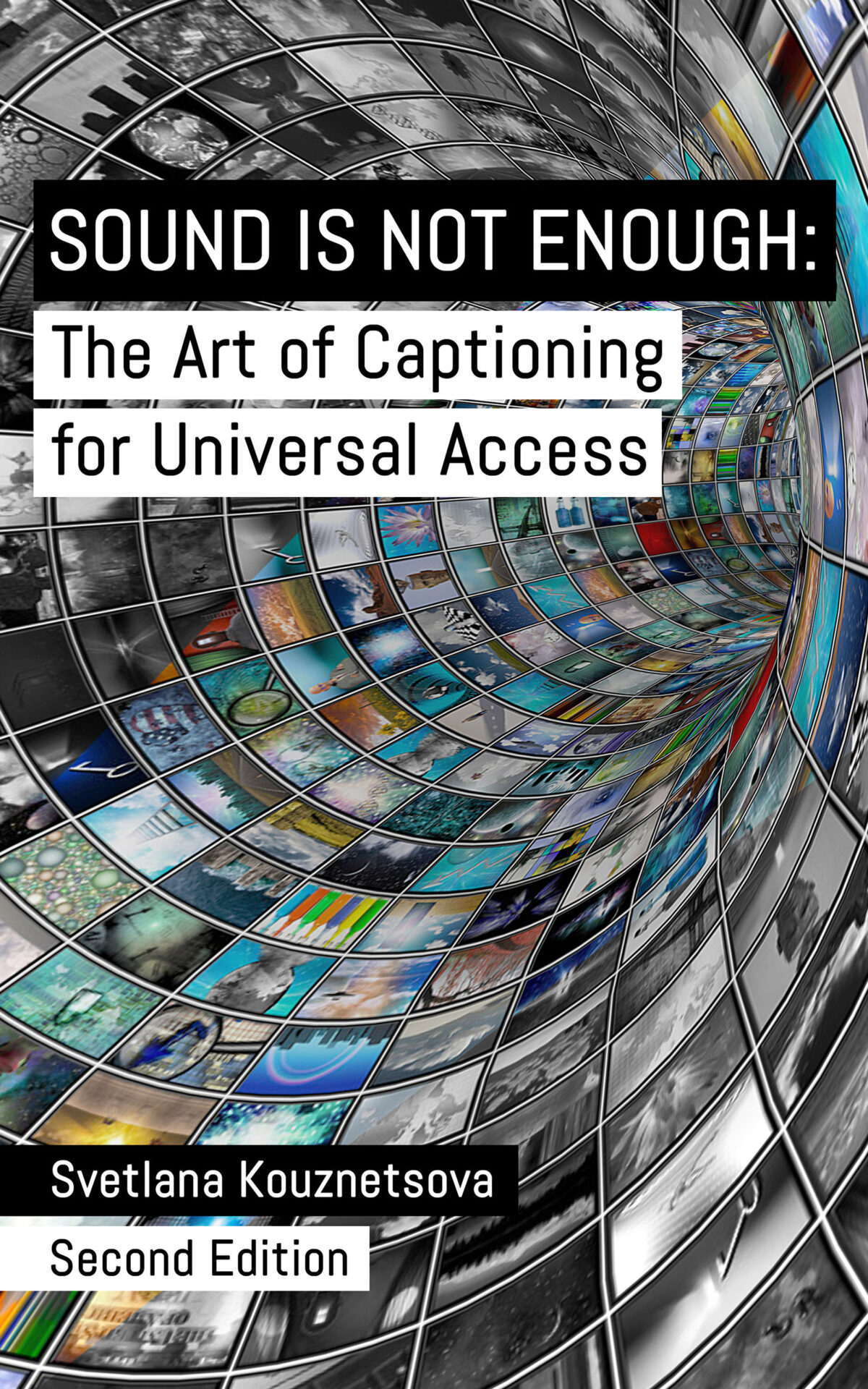In the ever-changing realm of business, certain individuals stand out for their extraordinary vision, unparalleled expertise, and unwavering dedication. One such luminary is Andy Cunningham, an acclaimed author, CEO, and entrepreneur, whose impact on the domains of branding and marketing strategy is unforgettable.
Andy Cunningham’s journey is a tapestry woven with exceptional accomplishments and transformative experiences. From collaborating with industry legends like Steve Jobs to founding her own thriving companies, she has charted a distinct course that continues to inspire entrepreneurs and professionals on a global scale.
As an author, Andy Cunningham’s profound insights and wisdom come to life in her highly praised book, “Get to Aha! Discover Your Positioning DNA and Dominate Your Competition.” This literary treasure serves as a guide for those seeking to build a robust and distinctive brand that deeply connects with their target audience. With her expertise in strategic brand positioning, Andy Cunningham has revolutionized the marketing landscape, empowering countless leaders to unlock their full potential.
At the helm of Cunningham Collective, a strategic communications and marketing advisory firm, Andy Cunningham continues to empower leadership teams with the indispensable tools for positioning their companies for triumph. Her proven framework, honed through collaborations with numerous enterprises, ensures that every brand she touches achieves resounding success.
This interview delves into the brilliance of Andy Cunningham, exploring her early career journey, the pivotal moments that shaped her approach, and the invaluable lessons she has learned along the way. Through insightful discussions, we uncover her unique perspective on brand positioning, marketing trends, and the future of entrepreneurship in the digital age.
Discover the strategies, techniques, and philosophies that have propelled her to the forefront of the industry and find inspiration to unlock your own brand’s limitless potential.
The path to success is illuminated by those who dare to think differently, challenge the status quo, and pioneer new frontiers. Andy Cunningham embodies this spirit of innovation, and her transformative contributions continue to shape the modern branding landscape.
Prepare to be inspired, enlightened, and equipped with the tools to navigate the ever-changing currents of the business world.
Can you share some of the early challenges you faced when starting your career, and how did you overcome them?
Like most women of my generation, I did have a handful of male chauvinist challenges early in my career. I had a managing editor who chased me around his desk, a publisher who said women can’t write feature articles about trucks, clients who tried to kiss me, men who sat next to me with their hand in my thigh, etc. This is where I made a life decision to actively not make gender an issue in any circumstance. It is refreshing and exciting to see women reclaim their power and continue to shatter glass ceilings. We have a long way to go, but I love watching my daughter soar, knowing she hasn’t endured the same level of sexism in the workplace that I did at her age.
What role do you think innovation plays in entrepreneurship, and how do you foster a culture of innovation within your ventures?
I think entrepreneurship requires a great deal of innovation, and vice versa. No matter how many business books exist, there really isn’t a playbook for every situation you come across as an entrepreneur. Simply starting a business requires some innovative thinking. And true innovation requires an entrepreneurial approach to bring it to market.
I’ve always viewed my purpose as bringing innovation to market, so it’s incredibly important that I foster a culture of innovation in my companies. I try to do so by listening to and implementing new ideas, encouraging my employees to challenge the status quo and take intelligent risks, and giving people the freedom to experiment and lead within their roles. It goes back to building a culture of action built on values of substance. In my case, those values are outlined in The Cunningham Way.
Can you share a case study or example from your book that illustrates how the principles
outlined in “Get to Aha!” have helped a company achieve significant breakthroughs?
One of the most successful positioning projects of my career, and possibly of all time, is Cisco. This is an example of leveraging context to create high value relevancy and viewing category as a strategy, not a given. It was the mid-nineties. Cisco was successfully selling hubs and routers. But CEO John Chambers knew the company stand for so much more, and in turn could be work so much more. So he reached out to me to discuss how we might help him elevate the company above the day-to-day hubs and routers business. Reviewing the market through the Six Cs of positioning, we correctly surmised that the emerging Internet would change the face of communications forever. Cisco provided the plumbing that made the Internet hum. This is an example of observing contextual trends, identifying the right waves to ride, and associating the brand with the next big thing.
We developed a thought leadership platform called “Cisco and the Internet Economy.” At the time, there were only two CEOs who dominated the technology airwaves: Intel’s Andy Grove represented hardware and Microsoft’s Bill Gates represented software. No one but us saw the opportunity to turn this duopoly into a triad. We established John’s credibility as a thought leader in the space and strategically started to position him as a peer to Andy Grove and Bill Gates. We limited his speaking engagements to events at which only Grove and Gates were speaking, quite literally positioning John Chambers and Cisco as a critical component of the Internet Economy. The press ate it up and Cisco was forever connected to the Internet. This is an example of using category as a strategy, not a given. It can be tempting to operate within the confines of your current category, but you don’t have to! We created what I call a ‘cluster category’ in which we clustered Cisco with two complementary technologies (and John Chambers with two influential leaders).
This changed the game entirely. Cisco was no longer talking about hubs and routers, selling widgets and features. It started talking about the future of the internet and sold a dream. John’s cachet skyrocketed as he joined the tech industry’s pantheon of most important CEOs, Cisco’s valuation climbed from $1.2 billion in 1995 to $43 billion in 1997, and with new found vision, its employees banded together to create products that ultimately would make the Internet economy reliant on Cisco.
The key takeaway? Start with strategy and examine the market to find your position of maximum opportunity.
Were there any specific mentors or individuals who played a significant role in shaping your early career? If so, how did they influence you?
I feel like this has been answered at nauseum. See above.
Can you share a funny or memorable anecdote from your professional life?
- It was the late 1990s and I had just bought myself a Corvette. I parked at the Pacific Athletic Club where the who’s who of Silicon Valley worked out in those days. As I was getting out of the car, a man pulled up next to me and said, with genuine admiration, “Is that your car?” I said, “Yes, it is.” And he says, without missing a beat, “Wow! You must type really fast!” I thought about calling out his sexist comment, but chuckled to myself instead and replied, “You know what, I do!” It’s a story that reflects the time in which it took place, highlights the progress that has been made, and still makes me laugh to this day.
Click Here to Connect with the Cunningham Collective: https://www.cunninghamcollective.com
For Press Inquiries Contact Michael Beas of Atlas Elite Publishing via info@atlaselitepublishing.com











